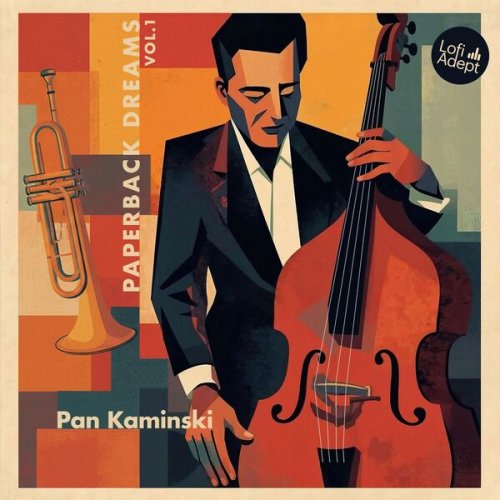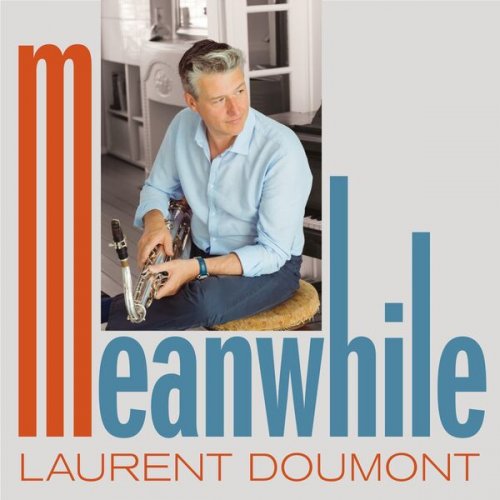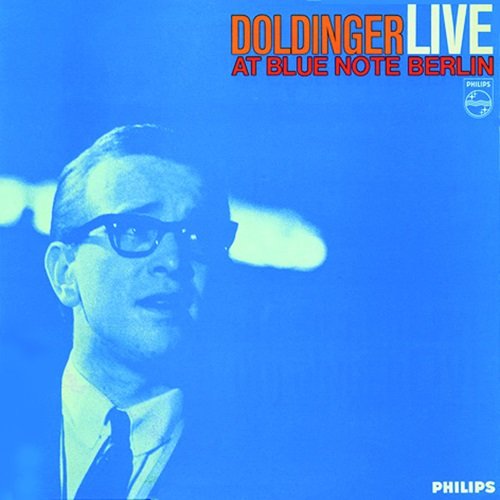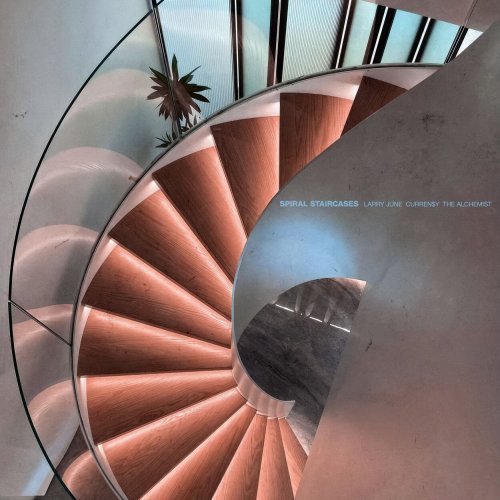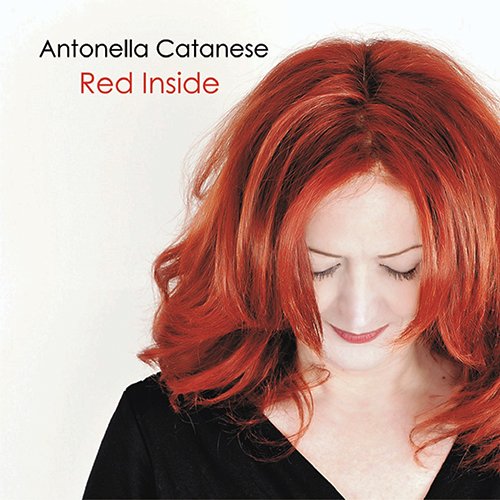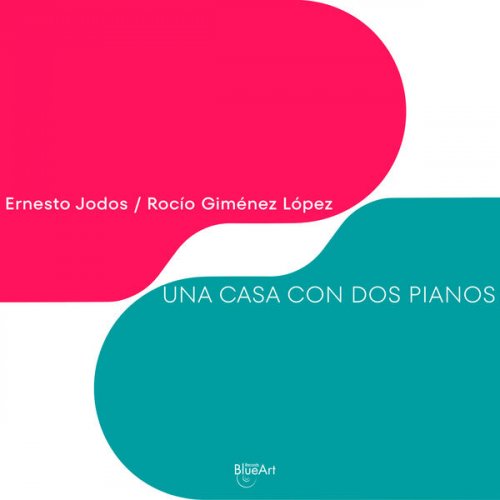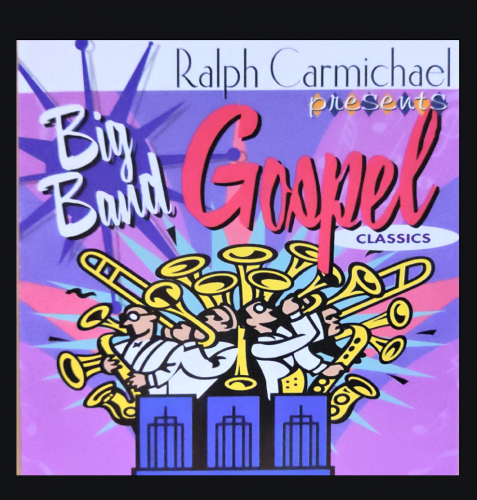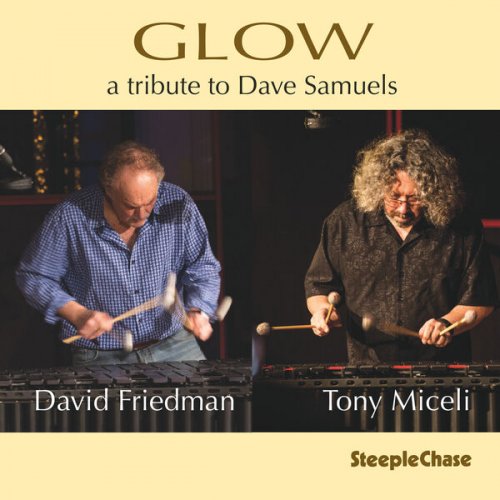Orchestre National de Lille, Alexandre Bloch and Amihai Grosz - Bartók: Concerto pour orchestre - Concerto pour alto (2023) [Hi-Res]
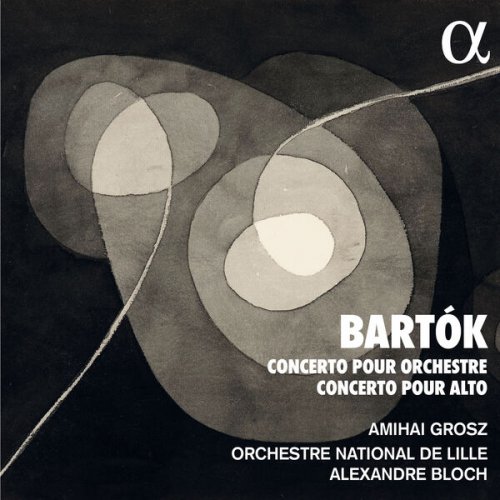
Artist: Orchestre National de Lille, Alexandre Bloch, Amihai Grosz
Title: Bartók: Concerto pour orchestre - Concerto pour alto
Year Of Release: 2023
Label: Alpha Classics
Genre: Classical
Quality: FLAC (tracks) / 24bit-96kHz FLAC (tracks+booklet)
Total Time: 61:26
Total Size: 240 MB / 1.05 GB
WebSite: Album Preview
Tracklist:Title: Bartók: Concerto pour orchestre - Concerto pour alto
Year Of Release: 2023
Label: Alpha Classics
Genre: Classical
Quality: FLAC (tracks) / 24bit-96kHz FLAC (tracks+booklet)
Total Time: 61:26
Total Size: 240 MB / 1.05 GB
WebSite: Album Preview
1. Concerto for Orchestra, Sz. 116: I. Introduzione. Andante non troppo (10:24)
2. Concerto for Orchestra, Sz. 116: II. Presentando le coppie. Allegro scherzando (6:24)
3. Concerto for Orchestra, Sz. 116: III. Elegia. Andante non troppo (7:15)
4. Concerto for Orchestra, Sz. 116: IV. Intermezzo Interrotto. Allegretto (4:28)
5. Concerto for Orchestra, Sz. 116: V. Finale. Pesante-Presto (9:43)
6. Viola Concerto, Sz. 120: I. Moderato (14:05)
7. Viola Concerto, Sz. 120: II. Adagio religioso (4:43)
8. Viola Concerto, Sz. 120: III. Allegro vivace (4:29)
Exiled in the United States since October 1940, Bela Bartok was short of money and worn out by leukaemia. Nevertheless, a few weeks' respite from the disease in August 1943 enabled him to fulfil a commission from the conductor Serge Koussevitzky. For a fee of a thousand dollars, he quickly wrote the Concerto for Orchestra, which was to be premiered at Boston's Symphony Hall on 1 December 1944. Koussevitzky was very enthusiastic about the Concerto, even describing it as 'the best orchestra piece of the last 25 years'. It was the success of this score that prompted the violist William Primrose to ask the Hungarian composer to write a work for him. Bartok had little experience of the instrument and was only convinced when he heard the soloist perform the Walton Concerto on the radio. The score was initially planned in four movements, but the composer's death reduced it to three. Amihai Grosz (a founder member of the Jerusalem Quartet, now principal viola of the Berliner Philharmoniker) joins the Orchestre National de Lille and Alexandre Bloch for this recording.
